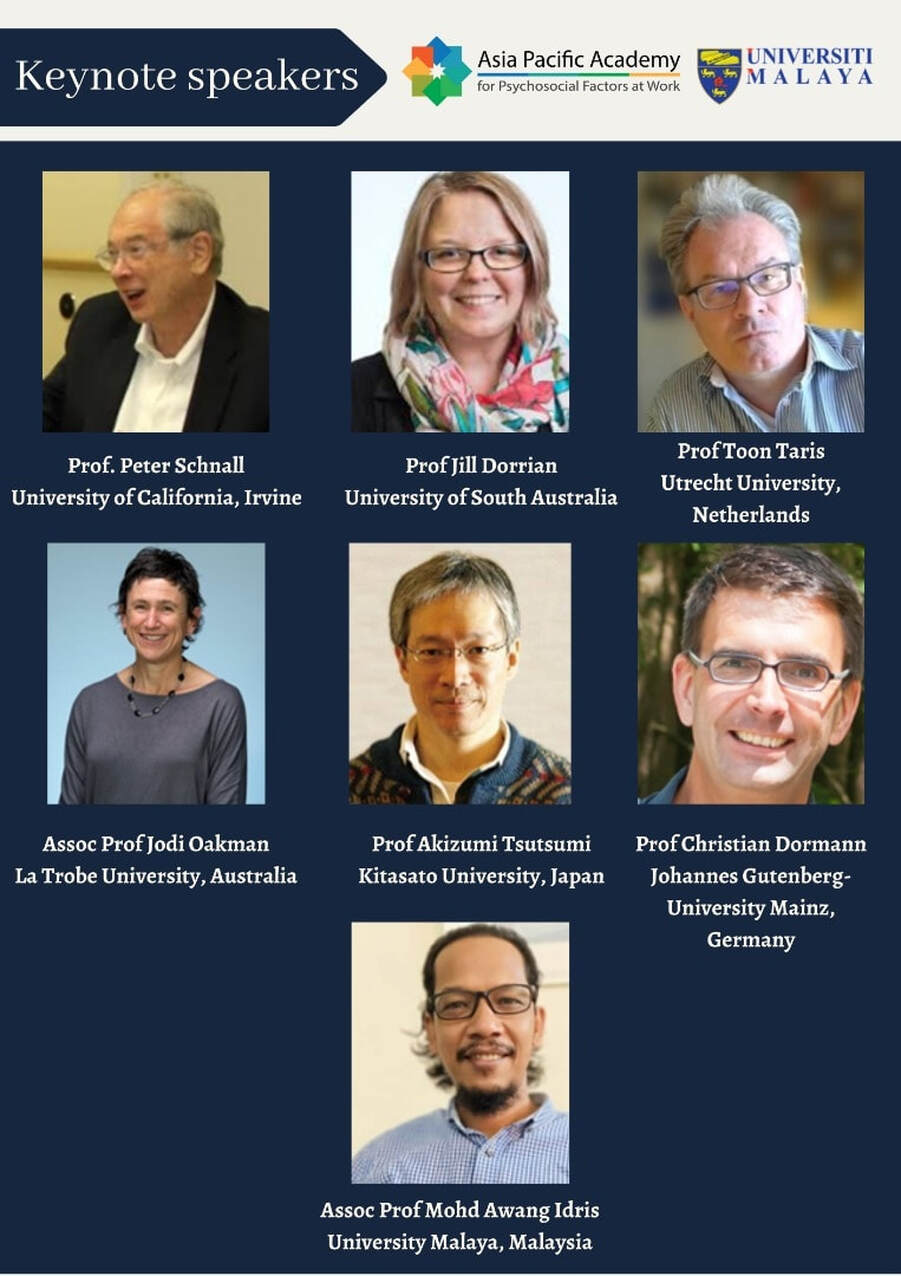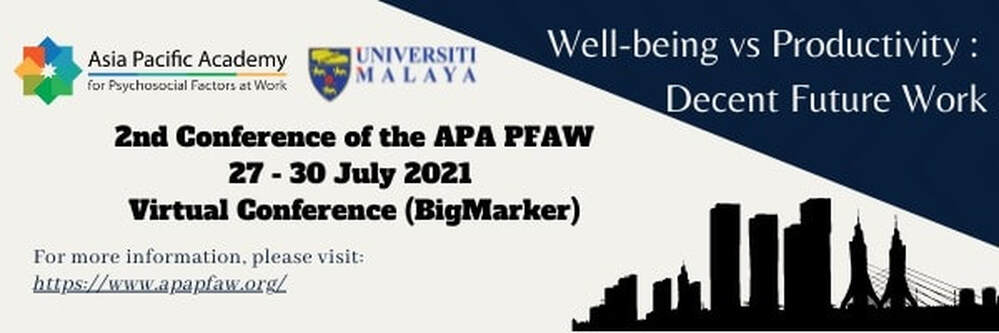PROFESSOR PETER SCHNALL
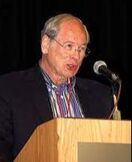
Dr. Peter Schnall is a physician and epidemiologist, Peter has studied the impact of working conditions on the development of hypertension and obesity among workers for over 35 years. Dr. Schnall leads the academic interdisciplinary research team that includes Drs. BongKyoo Choi, Marnie Dobson, Viviola Gomez-Ortiz, Arturo Juárez-García, Paul Landsbergis and Ellen Rosskam.
He is the Founder and Director of the Center for Social Epidemiology located in Los Angeles, CA as well as the Co-Director of the Healthy Work Campaign. His role as Co-Director of the Healthy Work Campaign includes collaboration with the HWC team, developing contacts and relationships with potential HWC partners, and producing web pages, blogs, and other materials to promote the Campaign.
He is the Founder and Director of the Center for Social Epidemiology located in Los Angeles, CA as well as the Co-Director of the Healthy Work Campaign. His role as Co-Director of the Healthy Work Campaign includes collaboration with the HWC team, developing contacts and relationships with potential HWC partners, and producing web pages, blogs, and other materials to promote the Campaign.
Keynote Topic: Obstacles to Healthy Work!
PROFESSOR TOON TARIS
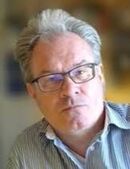
Prof. Toon Taris has received a BSc and MSc in administrative science and research methods (Vrije Universiteit Amsterdam), and received a PhD from the same university in 1994 on a thesis that focused on the methodological aspects of the analysis of the work career trajectories of young adults. Subsequently he held several positions as a post-doctoral researcher. In 2000, he was appointed Assistant professor at the Department of Work and Organizational Psychology of the Radboud University of Nijmegen, where he was later appointed Associate and Full Professor (2006). In 2009 he was appointed Full Professor at the department of Social and Organizational Psychology of Utrecht University. He was Head of School from 2013 to 2020.
Taris has published over four hundred papers, chapters and books in the area of work and organizational psychology and research methods. He is board member of several Dutch and international scientific journals, and Editor-in-Chief of Work & Stress, a leading journal in the area of occupational health psychology.
Taris has published over four hundred papers, chapters and books in the area of work and organizational psychology and research methods. He is board member of several Dutch and international scientific journals, and Editor-in-Chief of Work & Stress, a leading journal in the area of occupational health psychology.
Keynote Topic: Who's afraid of the big bad boss? On the importance of high-quality social relationships in the workplace, forgiveness, and the role of supervisors
PROFESSOR CHRISTIAN DORMANN
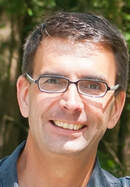
Christian Dormann is a professor of Business Education & Management at the Johannes Gutenberg-University Mainz, Germany and an adjunct research professor at the School of Psychology, Social Work and Social Policy at the University of South Australia (UniSA). Among others, he has published in the Journal of Organizational Behavior, the Journal of Applied Psychology, and Psychological Methods. He also served as an editor of the European Journal of Work and Organizational Psychology and as associate and consulting editor of several other journals, including the Journal of Occupational and Organizational Psychology, the Journal of Organizational Behavior, and the Journal of Occupational Health Psychology. His research focus is on stress in organisations.
Christian Dormann has been the Chair of the Business Education & Management at the Johannes Gutenberg-University Mainz, Germany, since 2013 after he had held the positions of chairs of Business Psychology and of Work & Organisational Psychology. Since 2011, Christian Dormann has also been adjunct research professor at the School of Psychology, Social Work and Social Policy at the University of South Australia (UniSA). He also served as an editor of the European Journal of Work and Organizational Psychology and as associate and consulting editor of several other journals, including the Journal of Occupational and Organizational Psychology, the Journal of Organizational Behavior, and the Journal of Occupational Health Psychology. His research focus is on stress in organizations. In particular, he has been interested in psychosocial aspects of work.
He has published in the Journal of Organizational Behavior, the Journal of Applied Psychology, and Psychological Methods, among others. His many years of experience in various research areas are based on numerous national and international collaborative projects, of which several were conducted in collaboration with UniSA
Christian Dormann has been the Chair of the Business Education & Management at the Johannes Gutenberg-University Mainz, Germany, since 2013 after he had held the positions of chairs of Business Psychology and of Work & Organisational Psychology. Since 2011, Christian Dormann has also been adjunct research professor at the School of Psychology, Social Work and Social Policy at the University of South Australia (UniSA). He also served as an editor of the European Journal of Work and Organizational Psychology and as associate and consulting editor of several other journals, including the Journal of Occupational and Organizational Psychology, the Journal of Organizational Behavior, and the Journal of Occupational Health Psychology. His research focus is on stress in organizations. In particular, he has been interested in psychosocial aspects of work.
He has published in the Journal of Organizational Behavior, the Journal of Applied Psychology, and Psychological Methods, among others. His many years of experience in various research areas are based on numerous national and international collaborative projects, of which several were conducted in collaboration with UniSA
Keynote Topic: Rethinking Causes and Effects: Evidence from Meta-Analyses of Longitudinal Studies of Job Stress
|
Since the 1970ies, occupational health psychologists have developed a bunch of job stress models (JSM). Using slightly different terms, most of these JSM comprise demands (aka stressors/requirements, e.g. time pressure), resources (e.g., autonomy), strain (aka stress reactions, e.g., burnout) and motivation (e.g., engagement ). Most scholars agree that effects of stressors are conditioned (i.e., moderated) by internal (e.g., skills) or external resources (e.g., autonomy), so that in strains might be reduced and motivation might be increased when employees face stressors. These JSM are conceptually convincing, however, the empirical evidence is indeed quite weak.
Empirical evidence hast to be regarded as too weak because most studies applied cross-sectional designs. Even data from so-called diary designs are mainly analyzed in a cross sectional fashion. While this makes sense from a conceptual point of view, there is some scattered longitudinal evidence that strain and motivation are the causes rather than the consequences of stressors and resources. With few exceptions, JSM have been turning a blind eye on this, which might explain the heavy reliance on cross-sectional analyses. With the advent of continuous time structural equation modeling (CTSEM) it became possible to synthesize the scattered evidence of possible reversed and reciprocal effects of longitudinal studies using continuous time meta-analysis (CoTiMA). In this presentation, I give a brief overview of the principles of CTSEM and CoTiMA presented. Then, I present several preliminary results of CoTiMAs analyzing the possible reciprocal relations among variables included in the JSMs. The majority of results shows that, in fact, strain and motivation are much more the causes rather than the consequences of stressors and resources. Further, resources mainly moderate the effect of strain and motivation on stressors. Despite these surprising findings, I will discuss that previously made suggestions for practical interventions might still be useful. In addition, these results open new avenues for research because occupational health psychologists have not yet developed models that explain how, for example, employees under strain could be prevent from perceiving increasingly more job stressors. This is desperately needed to support employees staying healthy and for maintaining positive perceptions of their jobs. |
PROFESSOR JILL DORRIAN

Professor Jill Dorrian is Co-Director of the Behaviour-Brain-Body Research Concentration at the University of South Australia. She has a PhD in Psychology, focusing on sleep and chronobiology research, and a Master of Biostatistics. Jill works with sleep-deprived populations, including adolescents, pregnant women, and shiftworkers, to support health and safety. Much of Jill’s current work is focused on behavioural coping strategies for remaining healthy despite exposure to sleep loss. Along with colleagues in psychology, nutrition, and activity, she is working in chronobehaviour – investigating the health impacts, not only of what we do, but when we do it.
Keynote Topic: Managing Long and Irregular Working Hours: Coping Strategies for Health and Safety
Dr. AKIZUMI TSUTSUMI
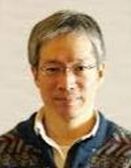
Dr. Tsutsumi is a leading researcher of occupational stress and is engaged in several international committees, including the International Commission on Occupational Health (past chair of Scientific Committee of Cardiology in Occupational Health) and Chair of the International Collaborations Committee of the International Society of Behavioral Medicine. He has long focused on occupational health, and is extending his efforts to psychosocial factors and actions that affect health, along with the social determinants of health that are difficult to solve by the health sector alone. Through epidemiology that targets humans as a pillar of research methodology, he is motivated to contribute to society through the use of “practical science” derived from research results. Currently, his laboratory also aims to elucidate the mechanisms of social disparity in workers’ health, the health effects of occupational stress and its prevention, and the health effects of workers affected by corporate culture.
Keynote Topic: Long working hours and the consequences: health problems and work-life balance
ASSOCIATE PROFESSOR MOHD AWANG IDRIS
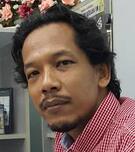
Mohd Awang Idris is an associate professor of Work and Organisational Psychology at the Department Anthropology and Sociology, University of Malaya. He is the Elected President of the Asia Pacific Academy for Psychosocial Factors at Work. His research interests include job stress, psychosocial safety climate, leadership, job engagement, workplace injuries and team performance.
Keynote Topic: After a decade of PSC research: What’s next?
Associate Professor Jodi Oakman
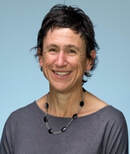
Associate Professor Jodi Oakman
Doctor of Philosophy (La Trobe University); MSc & Tech in Ergonomics (UNSW); B.App.Sci (Physiotherapy) La Trobe University; Grad Cert in Higher Ed and Teaching; Grad Cert in Implementation Science (UCSF) (in progress).
Associate Professor Jodi Oakman leads the Centre for Ergonomics and Human Factors at La Trobe University. She began her career as a physiotherapist before undertaking a Master’s degree in Ergonomics. She worked in a range of industry settings as an Ergonomist before moving to Academia. Her PhD investigated organisational influences on the retirement intentions of older workers. She has published widely on the area of occupational influences on health and leads a range of projects concerning the impact of work on people’s health at work, with a particular focus on musculoskeletal disorders (MSD).
Associate Professor Oakman is the current holder of a MRFF TRIP Fellowship, which is focussed on translating research evidence into practice in the area of MSD prevention. During this fellowship she will be training occupational health practitioners in the use of the APHIRM (A Participative Hazard Identification and Risk Management) Toolkit. APHIRM was developed by a team at La Trobe University and is based on contemporary research evidence on MSDs. It supports workplaces to participatively develop a comprehensive set of risk controls for both physical and psychosocial hazards and reduce the risk of MSDs.
She currently leads a range of projects on the influences of working at home on health and well-being, women, work and COVID-19 and barriers to implementing evidence informed approaches to MSD prevention.
Doctor of Philosophy (La Trobe University); MSc & Tech in Ergonomics (UNSW); B.App.Sci (Physiotherapy) La Trobe University; Grad Cert in Higher Ed and Teaching; Grad Cert in Implementation Science (UCSF) (in progress).
Associate Professor Jodi Oakman leads the Centre for Ergonomics and Human Factors at La Trobe University. She began her career as a physiotherapist before undertaking a Master’s degree in Ergonomics. She worked in a range of industry settings as an Ergonomist before moving to Academia. Her PhD investigated organisational influences on the retirement intentions of older workers. She has published widely on the area of occupational influences on health and leads a range of projects concerning the impact of work on people’s health at work, with a particular focus on musculoskeletal disorders (MSD).
Associate Professor Oakman is the current holder of a MRFF TRIP Fellowship, which is focussed on translating research evidence into practice in the area of MSD prevention. During this fellowship she will be training occupational health practitioners in the use of the APHIRM (A Participative Hazard Identification and Risk Management) Toolkit. APHIRM was developed by a team at La Trobe University and is based on contemporary research evidence on MSDs. It supports workplaces to participatively develop a comprehensive set of risk controls for both physical and psychosocial hazards and reduce the risk of MSDs.
She currently leads a range of projects on the influences of working at home on health and well-being, women, work and COVID-19 and barriers to implementing evidence informed approaches to MSD prevention.
Keynote Topic: What is needed to improve the prevention of musculoskeletal and stress related mental health disorders?
Proudly powered by Weebly

